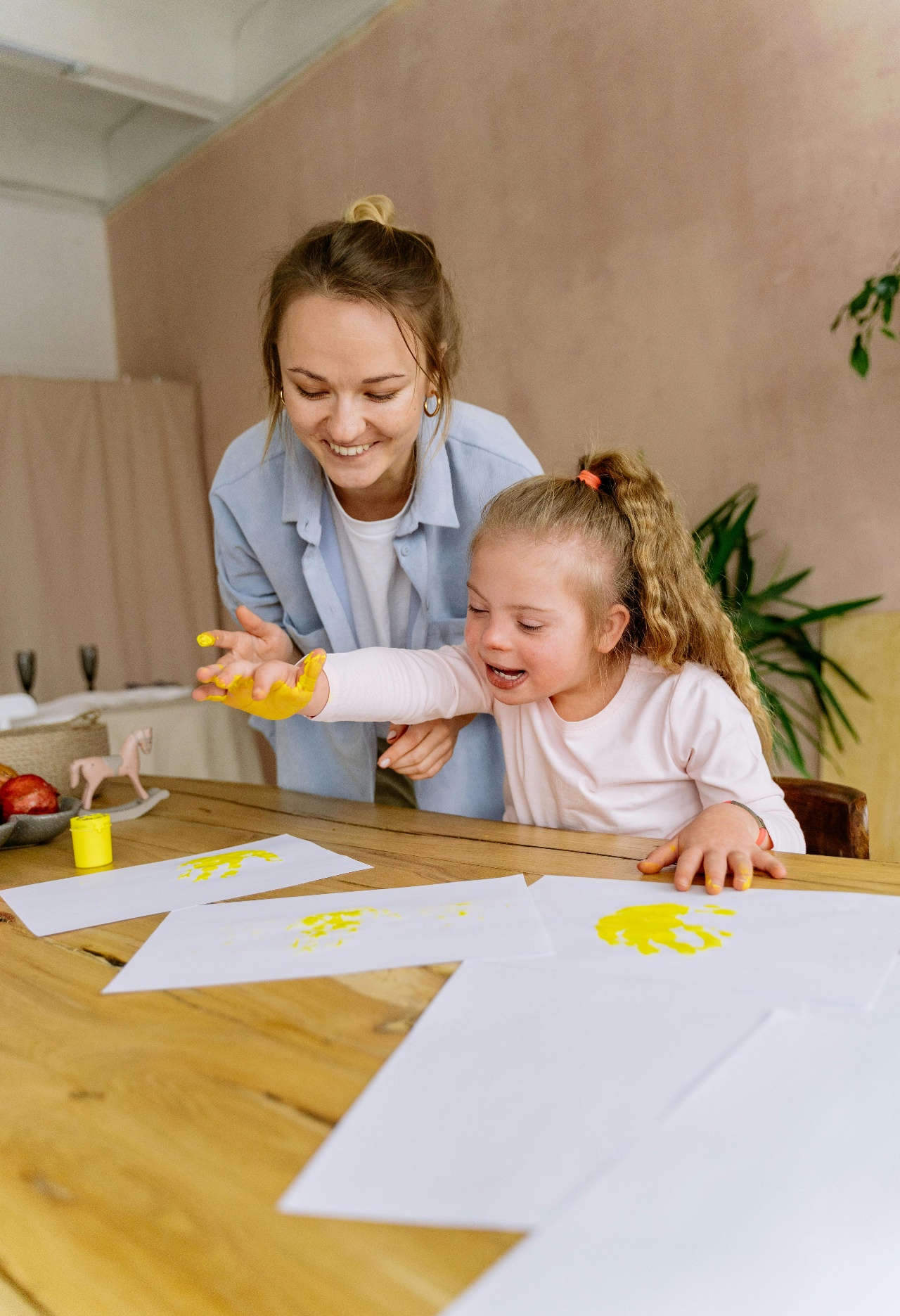Understanding Play Therapy and Its Uses

Play therapy is an engaging therapeutic approach that taps into the essence of childhood play. Here, children naturally express thoughts and feelings, exploring their world without the need for words. Unlike adults who rely on verbal communication, children use play to navigate emotions and challenges. In these sessions, therapists create a supportive space where kids can express themselves at their developmental level.
It’s like giving them a canvas to paint their feelings. Through guided play, therapists observe children as they act out scenarios, providing insight into their emotions and thoughts. This type of therapy creates a safe space for children to explore their experiences, making it a powerful process for emotional growth and development.
How Play Therapy Works: Techniques and Approaches
Play therapy offers a rich tapestry of techniques, each designed to help children express themselves naturally and comfortably. At its core, this therapeutic practice harnesses a child’s innate love for play to encourage emotional expression and problem-solving.
Directive and Non-Directive Approaches
In a directive approach, therapists guide sessions with specific goals in mind, using techniques like storytelling or role-play. Conversely, the non-directive approach allows children to lead the way, fostering a sense of autonomy and trust. Each method serves unique therapeutic purposes, tailored to the child’s needs.
Tools of the Trade
Therapists often employ tools such as puppets, art supplies, and sand trays to facilitate communication and insight. These tools help children navigate complex emotions, making play therapy an essential resource in supporting mental health.
The Benefits and Uses of Play Therapy in Various Settings
Addressing Emotional Challenges
Play therapy shines when guiding children through emotional hurdles like trauma and abuse. Creating a safe and nurturing space allows kids to express buried feelings. This therapeutic approach helps ease anxiety and fears, offering them tools to cope with what seems overwhelming.
Supporting Behavioral and Social Growth
Children with ADHD or Autism Spectrum Disorder often struggle with conventional communication methods. Through play, therapists can foster social skills. It’s a natural setting for them to practice and develop new ways to interact positively with others.
Play Therapy for Anxiety
Anxiety in children often hides behind silence, making it hard for them to express their fears. Play therapy helps kids to project their worries onto toys or through role-play. Here, children use a puppet to act out school jitters; this empowers them by creating distance from their fears. It’s like giving them a superhero cape to tackle imaginary villains.
Processing Fearful Experiences
Children can re-enact anxiety-provoking situations during play, allowing them to process these scenarios safely. This repetition helps them understand and integrate difficult experiences, reducing their emotional impact. Think of it as rewinding a scary movie and watching it until it’s not so scary anymore. Familiarity breeds comfort.
Developing Coping Mechanisms
In the play therapy setting, children explore different ways to handle anxiety-inducing situations. With a therapist’s support, they can discover new, adaptive strategies. Picture a toy character repeatedly overcoming a fear in play sessions; this practice can translate into real-life resilience, equipping kids with tools to face their anxieties confidently.
Learn Emotional Regulation
Play therapy helps kids identify and express anxious feelings in healthy ways. Through activities like drawing or using emotion cards, children start to recognize and manage their emotional responses. Engaging in sensory play further aids in processing anxiety, providing a safe outlet for emotions.
Build Confidence and Mastery
Navigating anxieties in a play therapy setting boosts self-efficacy. Puppetry allows kids to voice worries indirectly, while sand tray therapy uses miniatures to represent inner worlds. Art therapy and role-playing empower them to practice coping skills, enhancing real-world preparedness.
Kids have an incredible ability to express themselves through play and creativity, and play therapy provides a safe, supportive space where they can freely explore their emotions and gain self-understanding.
To witness how this approach can facilitate your child’s journey of self-discovery and healing, call Fox Child and Family Therapy today at 913-229-5691 and let’s schedule a time to talk.
